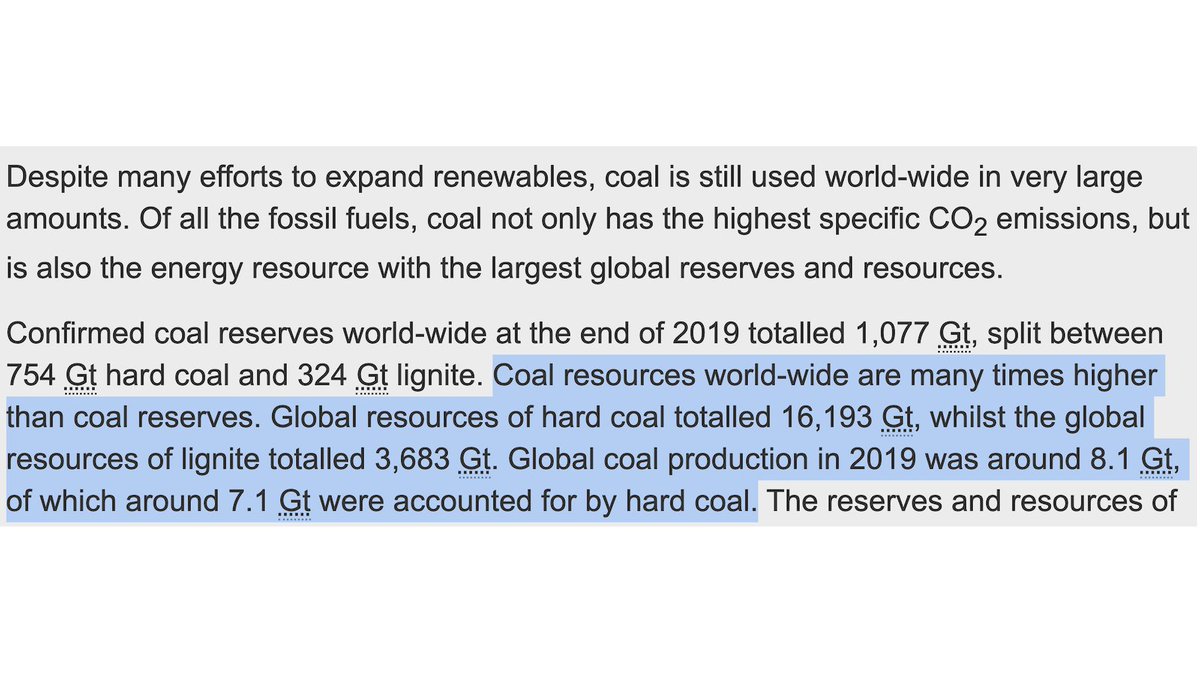
As the Clean Electricity Performance Program dies, many are pushing a carbon tax to replace it. Bad idea. A carbon tax would raise energy prices and make every US industry less competitive. The only rational approach to lowering emissions is liberating nuclear and natural gas.🧵
Any policy toward CO2 must recognize that CO2 emissions are a global issue--and that global emissions are rising because of the developing world's increasing use of fossil fuels. The US causes less than 1/6 of global emissions—and falling.
eia.gov/outlooks/aeo/d…
eia.gov/outlooks/aeo/d…
The developing world overwhelmingly uses fossil fuels because that is by far the lowest-cost way for them to get reliable energy. Unreliable solar and wind can’t come close. That’s why China and India have hundreds of new coal plants in the pipeline.
docs.google.com/spreadsheets/d…
docs.google.com/spreadsheets/d…
The only way to lower CO2 emissions and benefit America is to promote innovation that makes lower-carbon energy truly reliable and low-cost. Are China and India going to stop using fossil fuels so long as they are the lowest-cost option? They won’t and they shouldn’t.
America can lower emissions and energy costs by decriminalizing nuclear energy. Nuclear is actually the safest source of energy and the only way to provide reliable non-carbon electricity anywhere in the world. Yet politicians are overregulating it to death.
America can also lower emissions and energy costs by lifting irrational restrictions on natural gas, such as anti-fracking policies and pipeline opposition. Yet many politicians want to restrict or outlaw fracking as well as stop new pipelines.
By liberating lower-carbon energy, America can lower emissions, lower costs, and encourage innovation. And yet instead of pursuing these energy liberation opportunities, many of our politicians seek to pursue energy taxation instead via a "carbon tax."
A carbon tax is a tax on CO2 emissions. Since all energy directly or indirectly emits CO2, a carbon tax would make all energy more expensive--adding the most costs to coal, oil, and natural gas (in that order).
Increasing energy costs is the ticket to economic failure. Since every industry uses energy, the higher cost American energy is the higher cost every American product and service is. A carbon tax means American industry is less competitive.
What happens to CO2 emissions when a carbon tax drives up American energy prices and shuts down American industry? Our CO2 emissions are "offshored" to nations without a carbon tax.
Some politicians say they can solve the problem of a carbon tax offshoring CO2 emissions--often called "leakage"--by setting up a massive bureaucracy that taxes the emissions involved in every import. This is impossible to do accurately and thus guarantees corruption.
Politicians say a carbon tax will do no harm because it would be "revenue neutral." But "revenue neutral" just means the government's finances are unaffected. Increasing energy costs for American industry will hurt every American's finances.
Australia’s short, painful carbon tax experience is instructive. One year into the Australian carbon tax, Australians saw their home electricity prices jump by 15%. By the time they repealed it the following year, the carbon tax was responsible for 19% of household energy costs.
Politicians say a carbon tax is good because it is more efficient than random coercive policies like opposing pipelines or passing renewable mandates. But in practice the politicians don't replace random coercive policies with a carbon tax, they just add the carbon tax on top.
Most advocates of a carbon tax see them as a first step to give government unlimited power to restrict energy use. They start by proposing a tax that costs us "just" 20 cents a gallon. Once they have that power of taxation they want to increase the tax dozens of times higher.
Most advocates of a "low" carbon tax when pressed say it should grow enormously -- because they think fossil fuels should be eliminated. Example: When I debated RFK Jr. he said gasoline should be at least $12/gallon.
Summary: A carbon tax would raise energy prices, make every American industry less competitive, and offshore our CO2 emissions to the countries that outcompete us. And it would create a dangerous and potentially unlimited new government power that could truly destroy our economy.
What should people concerned about CO2 emissions support instead of a carbon tax? Liberation and innovation. Liberate nuclear, natural gas, and other lower-carbon technologies so that innovation makes lower-carbon energy cheap for everyone.
• • •
Missing some Tweet in this thread? You can try to
force a refresh







